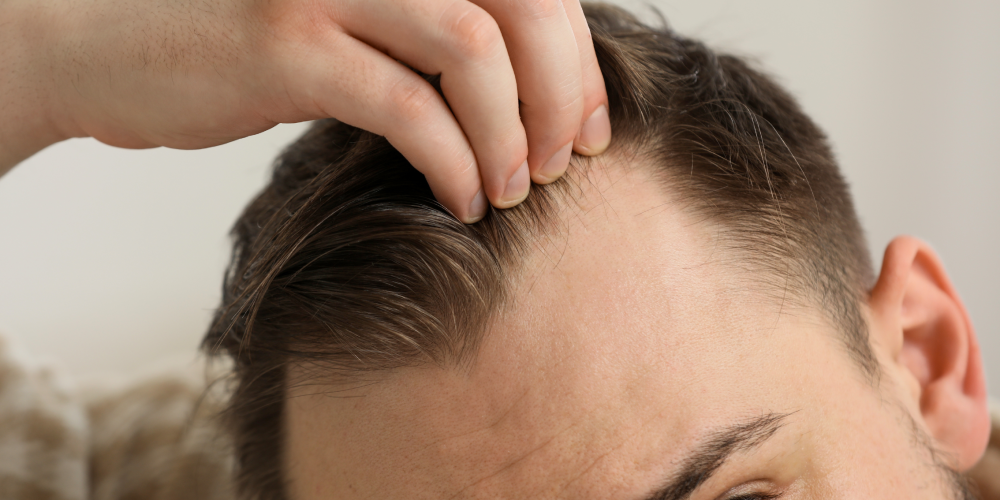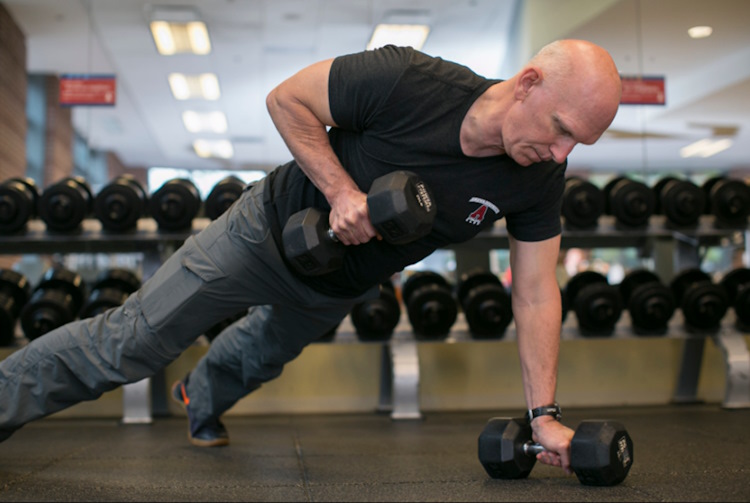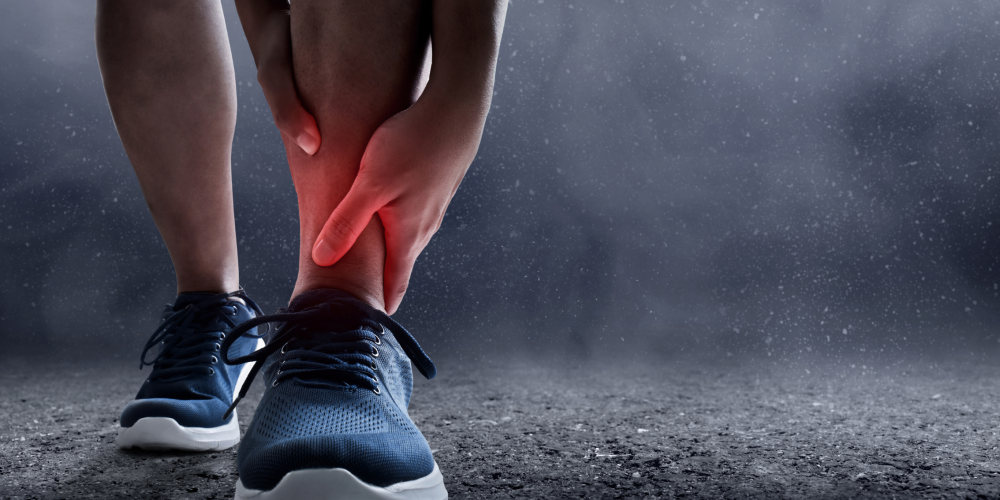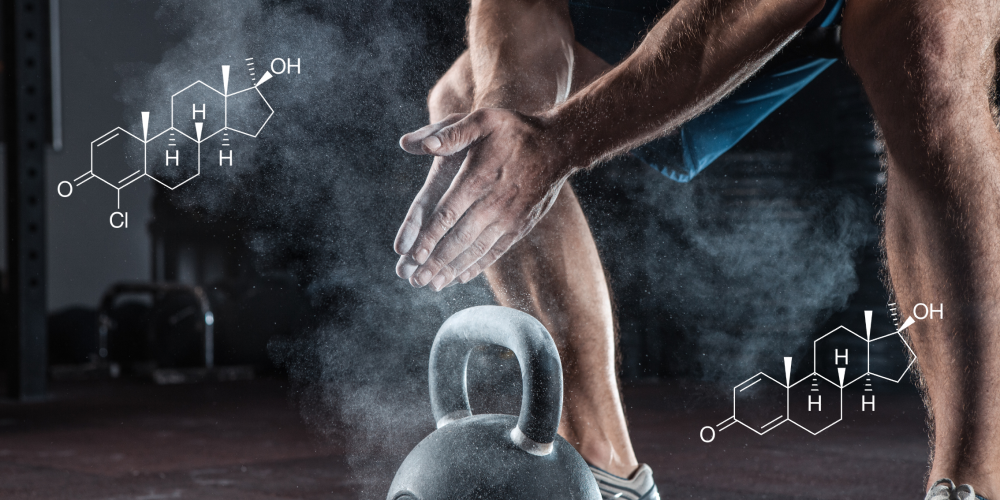Psychedelics and recovery: can it help with CNS fatigue?
Central Nervous System (CNS) fatigue is always a concern for athletes and bodybuilders pushing their limits in training, especially for those who train close to failure frequently. Differently from muscular fatigue, which can be quickly recovered from with proper nutrition and rest, CNS fatigue affects overall neurological function, hormone regulation, and motivation. Traditional recovery methods include sleep hygiene, proper nutrition, and supplements like adaptogens and nootropics. However, recent interest in psychedelics, specifically LSD and psilocybin, has raised the question: can these substances aid in CNS recovery and improve performance?
The symptoms
CNS fatigue occurs when the nervous system becomes overstimulated from excessive training stress, poor recovery, or inadequate neurotransmitter replenishment. Symptoms include:
- Decreased strength and power output
- Lack of motivation
- Prolonged soreness and slower muscle recovery
- Mental fog and irritability
- Poor sleep quality
Unlike peripheral fatigue, which is localized to the muscles, CNS fatigue affects the body as a whole and can take days, maybe even weeks, to recover from.
Main effects of psychedelics
If we had to list the main effects of psychedelics in recovery, here’s what would stand out:
Neuroplasticity and neurotransmitter support
Both LSD and psilocybin act on the serotonin 5-HT2A receptor, promoting neuroplasticity, or the brain’s ability to form and reorganize synaptic connections. This may aid in CNS recovery by improving neurotransmitter balance and restoring optimal nervous system function;
Reduction in perceived stress and cortisol regulation
Chronic stress leads to elevated cortisol, which negatively impacts recovery, muscle growth, and sleep. Psychedelics have been shown to reduce stress perception and lower baseline cortisol levels, potentially mitigating the overactivation of the CNS that leads to fatigue;
Improved sleep quality and REM cycles
Recovery heavily depends on deep sleep and REM cycles, where growth hormone secretion and neural repair occur. Some research suggests that microdosing psychedelics may promote sleep quality by regulating the serotonin system, leading to deeper, more restorative sleep, a key factor in combating CNS fatigue;
Enhanced mood and motivation
One of the major issues with CNS fatigue is the loss of drive and motivation to train. Psilocybin and LSD have been studied for their antidepressant effects, often leading to enhanced motivation and a reignited passion for training after a period of burnout;
When it comes to dosing, most athletes exploring psychedelics for recovery prefer microdosing over full-dose trips. Microdosing involves taking sub-threshold doses (typically 5–10 mcg of LSD or 0.1–0.3 grams of psilocybin) every few days, allowing for subtle cognitive and physiological benefits without the intense psychedelic effects.
Potential benefits of microdosing
Potential benefits of microdosing for CNS recovery include:
- Increased mental clarity and focus;
- Reduced perception of fatigue;
- Improved emotional regulation, including a relief in depression and other conditions;
- Enhanced psychological state during training;
Risks of microdosing
Despite the huge potential, psychedelics are not without risks. You should always consider these factors if you’re thinking about using it:
- Legality: both LSD and psilocybin remain illegal in most countries, though decriminalization efforts are growing;
- Psychological effects: while microdosing is generally well-tolerated, some individuals may experience anxiety or overstimulation, and it might take some time to find a viable dose;
- Lack of extensive research: while studies on psychedelics and brain function are expanding, specific research on CNS recovery is still very limited;
In conclusion, while traditional methods like sleep, nutrition, and adequate deloading remain the foundation of CNS recovery, psychedelics are without a doubt a potential tool for enhancing neuroplasticity, reducing stress, and improving motivation. As research on psychedelics grows, their role in athletic recovery may become clearer, possibly changing how athletes approach CNS fatigue. For those interested in experimentation, microdosing appears to be the most practical and accessible route, though legality and individual response should always be considered.









